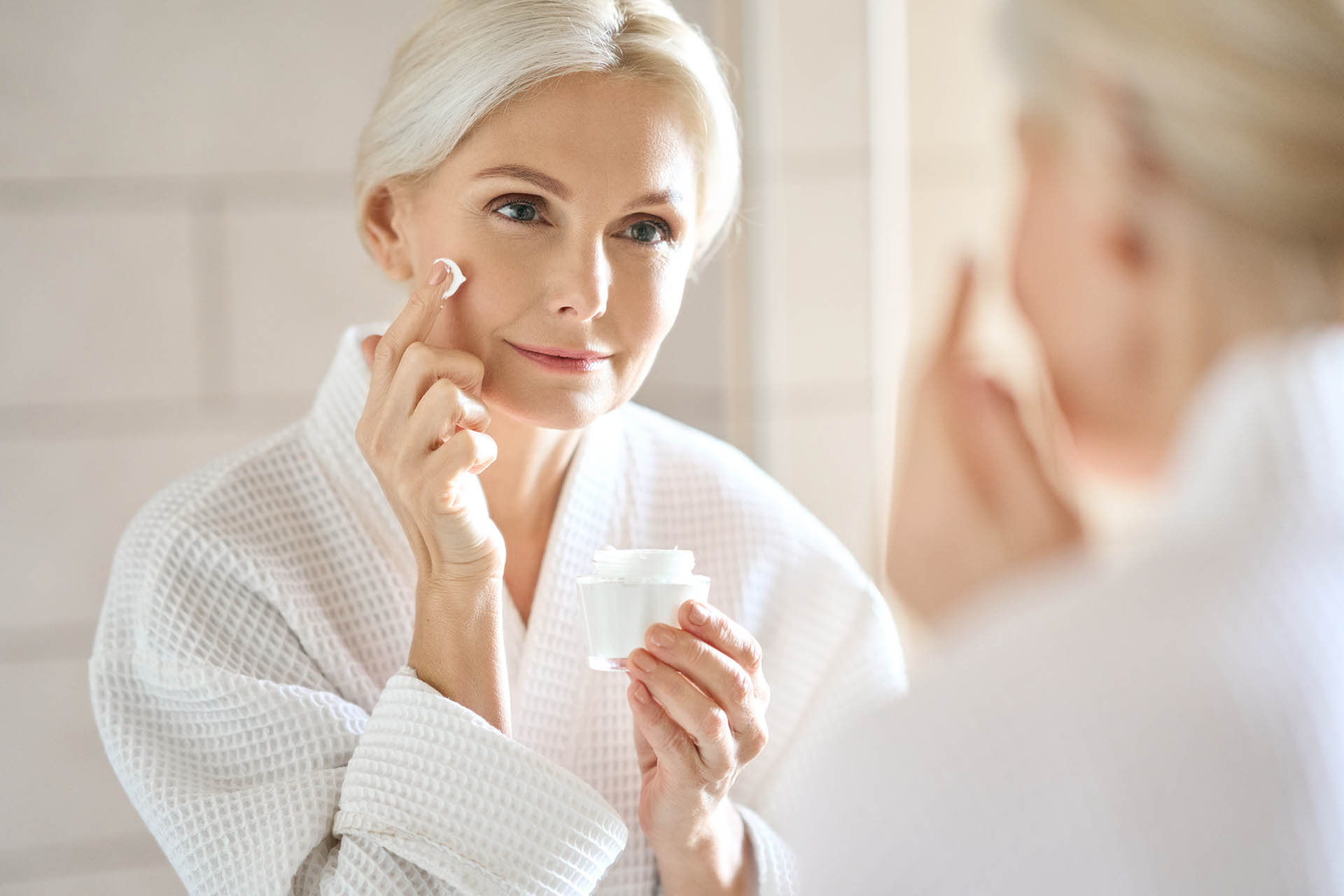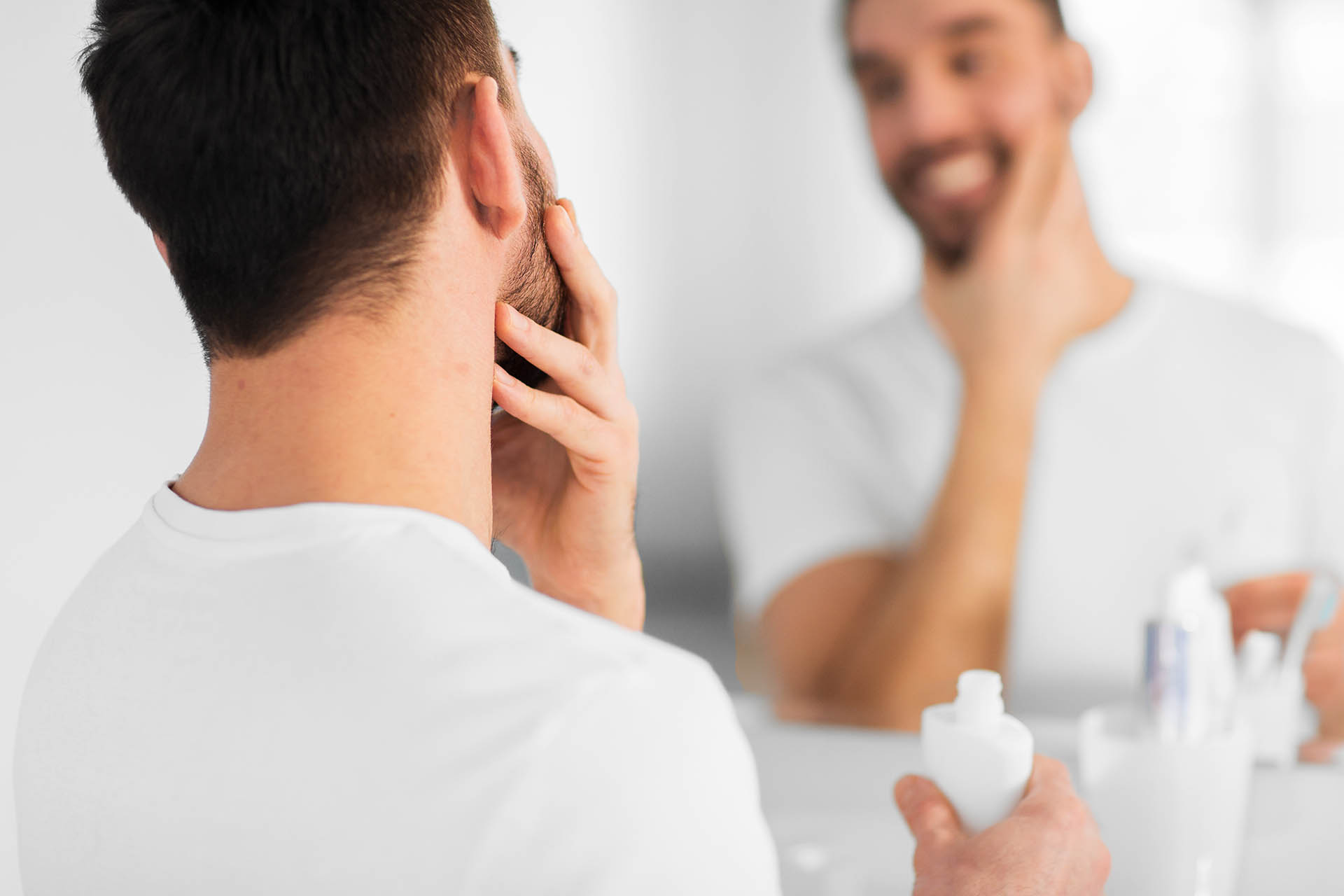The skin barrier is a hot topic in skincare. So what does it do, and how do you know if yours is healthy?
What is the skin barrier, and what does it do?
The skin barrier, or epidermal barrier, refers to the very top layer of the skin. In simple terms, its main jobs are to keep the good stuff in and the bad stuff out. What this really means is it helps water stay in the skin, keeping it hydrated, and protects the skin from external irritants such as pollutants, bacteria and ultraviolet radiation.
What happens if my skin barrier is damaged?
An impaired skin barrier can result in an increase in water loss through the skin, also known as transepidermal water loss. It can also allow more irritants from the environment to get into the skin. This can lead to dry, sensitive and irritated skin.
What can damage the skin barrier?
An impaired skin barrier can result from the use of irritating skincare products such as retinoids and alpha and beta hydroxy acids, over-cleansing and over-exfoliation. It can also result from exposure to irritants or allergens found in the environment, such as chemicals and pollution. Certain medical conditions can predispose to increased transepidermal water loss and an impaired skin barrier.
How do I know if my skin barrier is damaged?
Tell-tale signs of skin barrier damage are skin that is dry, sensitive, and easily irritated. People with rosacea and eczema are more prone to skin barrier dysfunction. If you aren’t sure, have your skin checked by a specialist.
How can I repair my skin barrier?
If your skin barrier is damaged, the best thing to do is simplify your skincare routine.
Remove all potentially irritating ingredients, such as retinoids, hydroxy acids and vitamin C. Also avoid physical exfoliants and products containing alcohol and fragrance.
Use a gentle, soap-free and fragrance-free cleanser, and avoid using hot water to cleanse.
Moisturise regularly, with a moisturiser containing hyaluronic acid, ceramides or glycerine, which have been shown to improve skin barrier function.
Consider using a serum or moisturiser containing niacinamide, which is also a skin barrier hero. Jojoba oil and rosehip oil may also help.
How can I avoid damaging my skin barrier?
As tempting as it is to try every new ingredient on the market, this can sometimes cause more harm than good. Make sure that the products you’re using are right for your skin. When introducing active ingredients, introduce one new product at a time, and apply to a small area of skin first. Start using just once or twice a week, and slowly increase frequency depending on how your skin responds. Take particular care with potentially irritating ingredients such as alpha and beta hydroxy acids, vitamin C and retinoids. Avoid sleeping in makeup, over-cleansing, and moisturise regularly.





